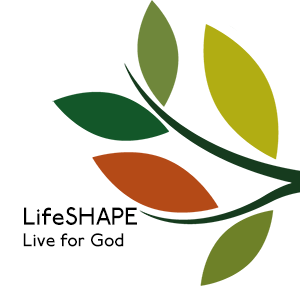
Can you remember the far-distant days, when ‘Thank You Letters’ were a thing? They used to be de rigeur – especially around birthdays and Christmas: but now, like Quink Ink, Basildon Bond paper and affordable postage stamps, they are no more.
Some of you have no idea what I’m talking about.
Case proved.
Thank You letters are defunct.
To be honest, as a child I used to resent the ritual duty of writing thank you letters: especially for gifts that I didn’t really want. Fluorescent socks from distant, well-meaning but out-of-touch Aunts. Books from friends, purchased on the basis that they had enjoyed them, and so I would too.
Strange reasoning.
(The Amazon Wishlist has nipped this problem in the bud. Everyone now gets things that they want. There are no surprise gifts now. Could that be why no-one writes thank you letters? Not sure. Discuss.)
Anyway, with mature (who am I kidding) hindsight, I now see that writing thank you letters was in fact more than a post-Festive chore. At its best it was written out of delight ( I did sometimes get things I wanted!): at its worst it was a duty and chore. But I now see that either way it was in fact good for me.
And it was a thrill for Auntie Pam to get the letter.
It’s good to say thank you because – at its best – acknowledging a gift reminds us that we have something that we don’t deserve. That’s the grace-filled life, right there. Something that we would not have had were it not for the kindness of another.
Saying thank you, makes a connection to the giver. It reminds us that we are not alone, that someone cares, that someone has resources that can bless us, and that they have us in their mind and heart.
Ultimately it’s not about the glaring socks but the caring Aunt.
As a Christian this is good soul-medicine. As I bring to mind what God has given to me, in order to say thanks for it, trust is nurtured that God is a giver and provider. It reminds me that he is with me and I am not alone, that he cares, that he has resources that can bless me, and that he has me in his mind and heart.
But I do need to bring it to mind. The sad, and somewhat staggering truth is, that I can take all of his amazing gifts for granted.
The daily material gifts of food, clothing, health, a home, work and hobbies.
The daily relational gifts of friends, family and colleagues.
And even, the great eternal gift of Jesus, my Lord and Saviour giving his life for me.
All taken for granted.
So the first part of being a thankful person is to remember. Make a list, mental or otherwise. Count your blessings. Name them one by one.
Really.
As the reality of our blessed lives sinks in, giving thanks will be a natural overflow of delight.
But even if when it’s not: even when we don’t feel thankful, we still have the same things to be thankful for. Feeling thankful and giving thanks are not the same thing. I can choose to give thanks even when I don’t feel thankful. And I can feel thankful, but forget to give thanks! In an ideal world both are true: I feel grateful to God and so I give thanks. But whatever the state of my feelings, I should still choose to give thanks anyway.
In his helpful book ‘The Grumblers Guide to Giving Thanks – Reclaiming the Gifts of a Lost Spiritual Discipline’ , American Pastor Dustin Crowe writes: “Giving thanks is at the heart of a thriving faith in God . It’s not a bonus , like heated car seats . It’s not an optional spiritual rhythm we add on when life seems great . It’s a necessary, daily, central practice to maintain worship and trust in life’s ups and downs.“
So look back, look up and look around your life: count your blessings.
Then write the thank you letter to your Father. He’ll love to receive it and you will be drawn closer to his heart in the process.
Ultimately it’s not about the gifts, but all about the caring Giver.





